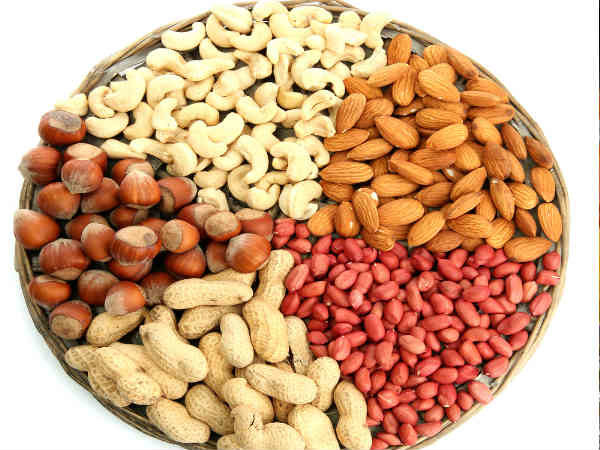There is a saying – “FOOD, CLOTH & SHELTER are the three basic needs of human beings.”
Food, being ranked as the 1st need of any living organism to survive, can also be the reason of trouble if not taken in a balanced and appropriate way.
Health and healthy food have been a continuous debate on almost all health-related platforms from the past few decades. Common man with a really busy and hectic lifestyle finds it really difficult and confusing about what to eat and what not to. Then comes the war between vegetarian and non-vegeterian foods.
While it is well known that meat and eggs are packed with a good amount of protein; there’s a misconception that a vegetarian meal lacks in protein.
So, here is a list of few of the vegetarian protein sources that will not just ward off the symptoms of protein deficiency but also fuel the body with a lot of energy.
1. Legumes:
Legumes are a very common ingredient of all Indian meals. Apart from protein; these also come with a rich supply of fibre, vitamins and minerals like potassium, phosphorus, iron, etc. 1/2 a cup of cooked lentils provide approximate 9 grams of protein.
2. Nuts:
This is one of the tastiest and excellent plant protein sources, which can be added as snacks between any meals. 1 ounce of almond provides about 6 gram of protein, while 1 ounce of cashew has 4 grams of dietary protein. These heart-friendly nuts also are a good source of vitamin E, dietary fibre and good fats. However, intake of unsalted nuts are always a healthy and better option to go for.
3. Spinach:
With 5 grams of protein per cup, this superfood provides almost an equal amount of protein when compared to a hard boiled egg, but with half calories. It also helps in retaining the vitamins and calcium absorption.
4. Dairy Products:
Any form of dairy; call it milk or yoghurt or cheese or paneer; each one comes with a blast of protein of around 7 to 13 grams per ounce. It can also be easily added to any meal of the day.
5. Quinoa:
Unlike other grains, quinoa is unique in its own way, as it comes with around 8 grams of protein per cup. It provides all the nine essential amino acids that are mandatory for growth and repair of the body. The BONUS point is, it can be taken as a cereal at breakfast or can be mixed with veggies to a make wonderful salad.
6. Tofu:
Tofu also known as “Bean curd” (since it is made from soybean) supplies almost 15 to 20 grams of protein per half cup. Rich in polyunsaturated fatty acids, including omega-3 fats; tofu is a heart-healthy food which must be included in your daily diet.
7. Sesame, Sunflower And Poppy Seeds: Seeds add crunch and quite a bit of protein to the meals. It provides around 5-7 grams of protein per cup. That means a seasoned veggie salad makes it a complete source of protein, dietary fibre and healthy fat.
8. Mixed Vegetables: A mix of carrots, cabbage, green peas, beans and other leafy vegetables makes for an excellent source of protein (5 grams per cup) and also dietary fibres. A hearty cup of mixed vegetables every day will do the trick.



Leave a reply